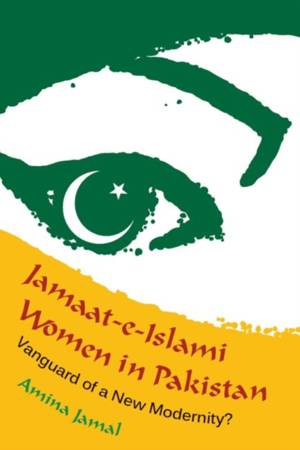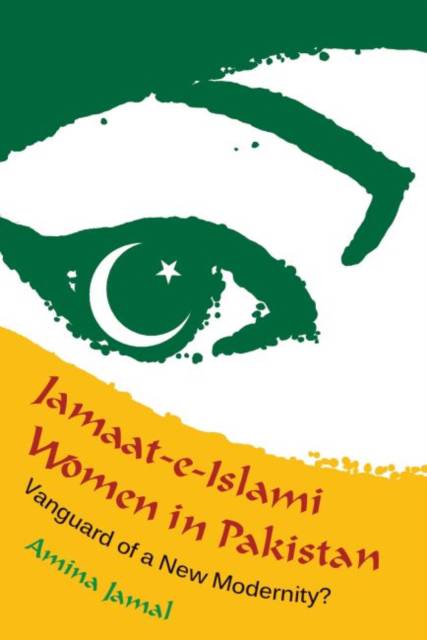
- Retrait gratuit dans votre magasin Club
- 7.000.000 titres dans notre catalogue
- Payer en toute sécurité
- Toujours un magasin près de chez vous
- Retrait gratuit dans votre magasin Club
- 7.000.0000 titres dans notre catalogue
- Payer en toute sécurité
- Toujours un magasin près de chez vous
Description
This book critically examines the feminization of the Jamaat-e-Islami, a major movement for Islamic renewal and reform in South Asia. Through an ethnographic and textual study of Jamaat women elected to local, provincial, and national bodies in Pakistan from 2002 to 2008, Jamal draws attention to the cultural-political forces that enabled these women to become influential within the party and in Pakistan's major urban centers of Karachi and Lahore.
Jamal situates Jamaat women within Islamic modernism without reifying them as either pious agents reacting to state-imposed modernization or gendered citizens who use Islam for class-based instrumental ends. Jamaat women are represented as subjects who move in many directions by acting against and through the discourses of Islamic tradition, cultural modernity, and modernization.Spécifications
Parties prenantes
- Auteur(s) :
- Editeur:
Contenu
- Nombre de pages :
- 328
- Langue:
- Anglais
- Collection :
Caractéristiques
- EAN:
- 9780815633273
- Date de parution :
- 27-11-13
- Format:
- Livre relié
- Format numérique:
- Genaaid
- Dimensions :
- 163 mm x 233 mm
- Poids :
- 553 g

Les avis
Nous publions uniquement les avis qui respectent les conditions requises. Consultez nos conditions pour les avis.






